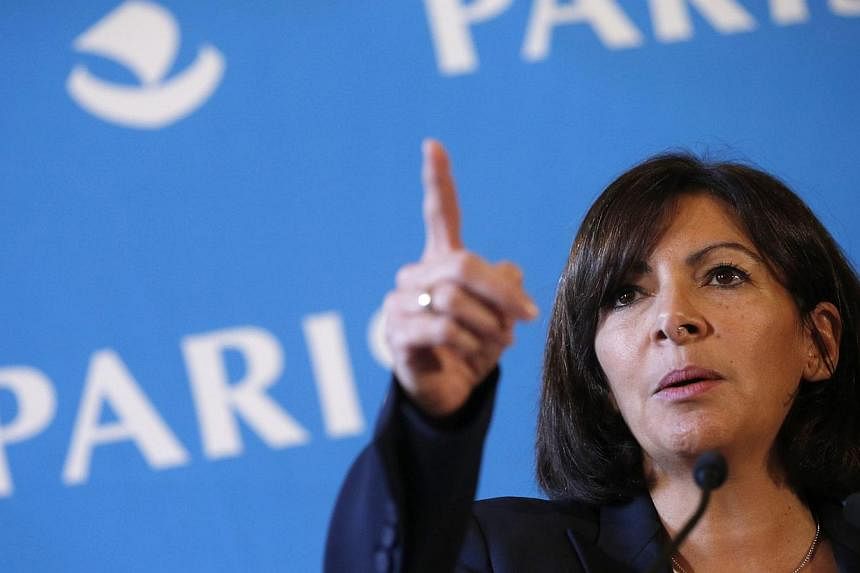AMERICAN commentators were quick to dismiss Paris Mayor Anne Hidalgo's threat to sue Fox News over its claims that some parts of her city are "no-go zones" for non-Muslims. True, Fox News does not broadcast in France and, in the United States, a municipality usually cannot sue for defamation.
But such arguments are beside the point. How should news media be policed to stop them from making up stuff? The answer is not always "more speech". The US system recognises a role for the courts and, sometimes, the threat of liability might be needed to make the system work.
Consider the context of the Fox News reports - and the consequences. Once the statements were out there, the assertions about no-go zones wouldn't die. Sometimes, the truth is great and prevails, and more speech is the cure for false speech. But sometimes, lies can drive out the truth.
In his essay, The Market For Lemons, Nobel laureate George Akerlof warned against asymmetric information about product quality - when the seller knows more than the buyer. Such distortions can happen in the news world too. In general, the media knows (or is supposed to know) better than the public where the truth lies. That's one reason we often believe what we read or hear.
Take Louisiana Governor Bobby Jindal, who insisted on CNN that no-go zones exist in some form in Britain - he had to struggle to redefine those zones so he wouldn't seem like a liar. He had assumed that what he or his aides had heard on Fox must be true. The recantations were secondary.
So what's the fix? Recantations won't always drive out falsehood. Attention by other media might backfire, as the lie is repeated until it starts to seem true.
What is needed is an incentive system so Fox wouldn't make such mistakes in the first place. Fox is a business. And the best business incentives come from the bottom line. Would Fox lose viewers because of its errors? That seems unlikely - the publicity could even make viewers identify with the network.
Here's where libel law comes in. For individuals, we recognise that the media won't have enough reason to be careful of defamation unless we allow legal redress. For public officials, the media outlet has to have known it was lying or recklessly disregarded the truth. And we protect opinion. Then we allow the lawsuit and are ready to impose monetary damages.
Groups or municipalities could be treated in a similar fashion. The US Supreme Court set a precedent in 1952 for allowing defamation suits against groups. In Beauharnais v Illinois, the court upheld a law that made it a crime to depict the "depravity, criminality, unchastity or lack of virtue of a class of citizens of any race, colour, creed or religion".
The ruling argued that libel law had an excellent and ancient legal pedigree. For originalists, it is surely relevant that the framers of the Constitution did not intend to eliminate libel law when they enacted the First Amendment.
Today, legal experts would say the Beauharnais precedent is on shaky ground given later developments in jurisprudence. Still, it has never been directly overruled, and remains on the books.
For a municipality, proving falsehood or reckless disregard could be even easier than for groups. Fox recklessly disregarded the truth about no-go zones in Paris - that much is easy to determine. Paris could claim reputational damages like an individual, and declining tourism from the Fox News-watching demographic could prove monetary damages.
I can think of worse things than a libel suit against Fox charging reckless disregard for the truth as well as defamation. Free speech would not be significantly undermined. If Paris was a woman, as the film title goes, she'd have a case. And maybe next time, Fox would think twice about allowing falsehoods on the air.
BLOOMBERG

